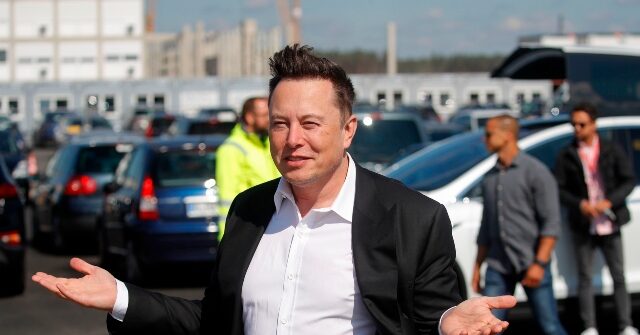The family of a Tesla driver who tragically died in a collision while using the Autopilot feature has initiated a lawsuit against Tesla, asserting that the company engaged in “fraudulent misrepresentation” regarding the safety of its autonomous driving technology. The lawsuit, which was originally filed in Contra Costa County in October 2023, has since been transferred to federal court in California at Tesla’s request. This legal battle stems from an incident involving a 2021 Tesla Model S that crashed into a stationary fire truck in Walnut Creek, California. The driver, Genesis Giovanni Mendoza-Martinez, lost his life in the accident, while his brother, Caleb, who was a passenger, was left with significant injuries.
The plaintiffs allege that Tesla and its CEO Elon Musk have repeatedly overstated the capabilities and safety features of the Autopilot system, contributing to the fatal event. The lawsuit argues that these misrepresentations were aimed at generating consumer enthusiasm and bolstering the company’s financial position. The family’s attorneys reference numerous communications from Tesla, including social media posts, company blog entries, earnings calls, and various interviews with Musk, where they claim misleading statements regarding the operational safety of the Autopilot system were made. They contend that these false claims created an illusion of a fully autonomous driving experience, which ultimately played a role in the driver’s decision-making during the crash.
In its defense against these allegations, Tesla has maintained that the collision was primarily due to the driver’s own negligence. The company asserts that any reliance on Tesla’s communications was not significantly related to the injuries or damages incurred. Furthermore, Tesla’s legal team argues that the vehicles are designed safely and are in compliance with both state and federal regulations. This legal stance suggests that while Autopilot is an advanced driver-assistance feature, it still requires active engagement and attention from the driver, and the responsibility lies with the operator of the vehicle.
The lawsuit represents one of at least 15 ongoing legal cases against Tesla that involve similar claims regarding incidents where the Autopilot or its advanced counterpart, Full Self-Driving (FSD), were activated before a serious crash occurred. Among these cases, three have also been moved to federal courts, highlighting the increasing scrutiny Tesla faces regarding its Autopilot technology. As the legal landscape evolves, Tesla’s representatives express confidence in their product’s safety and compliance, finding resilience against claims that paint a picture of irresponsibility in their marketing and representation of the technology.
Additionally, the crash involving Mendoza-Martinez has drawn the attention of the National Highway Traffic Safety Administration (NHTSA), which is currently investigating Tesla’s Autopilot system. This probe includes a second investigation into the effectiveness of Tesla’s recall efforts aimed at resolving issues specifically related to the behavior of the Autopilot when interacting with stationary emergency vehicles. These federal inquiries reflect broader concerns that regulatory agencies have regarding how Tesla presents its technology to the public and whether any of these representations mislead consumers about the capabilities and limitations of its driving systems.
Both the NHTSA and the California Department of Motor Vehicles (DMV) have issued warnings about the potential for misunderstanding among the public due to Tesla’s marketing practices concerning its Autopilot and FSD features. The NHTSA has warned that communications from Tesla could lead drivers to mistakenly believe in the full autonomy of their vehicles, while the California DMV has taken further action by suing Tesla under accusations of false advertising. The ongoing investigations and legal disputes put into sharper focus the need for clear and accurate communication from technology companies about the safety of their products, especially when lives are on the line. As the legal and regulatory landscape continues to develop, the outcome of the lawsuit and investigations could have far-reaching implications not only for Tesla but for the autonomous driving industry as a whole.

